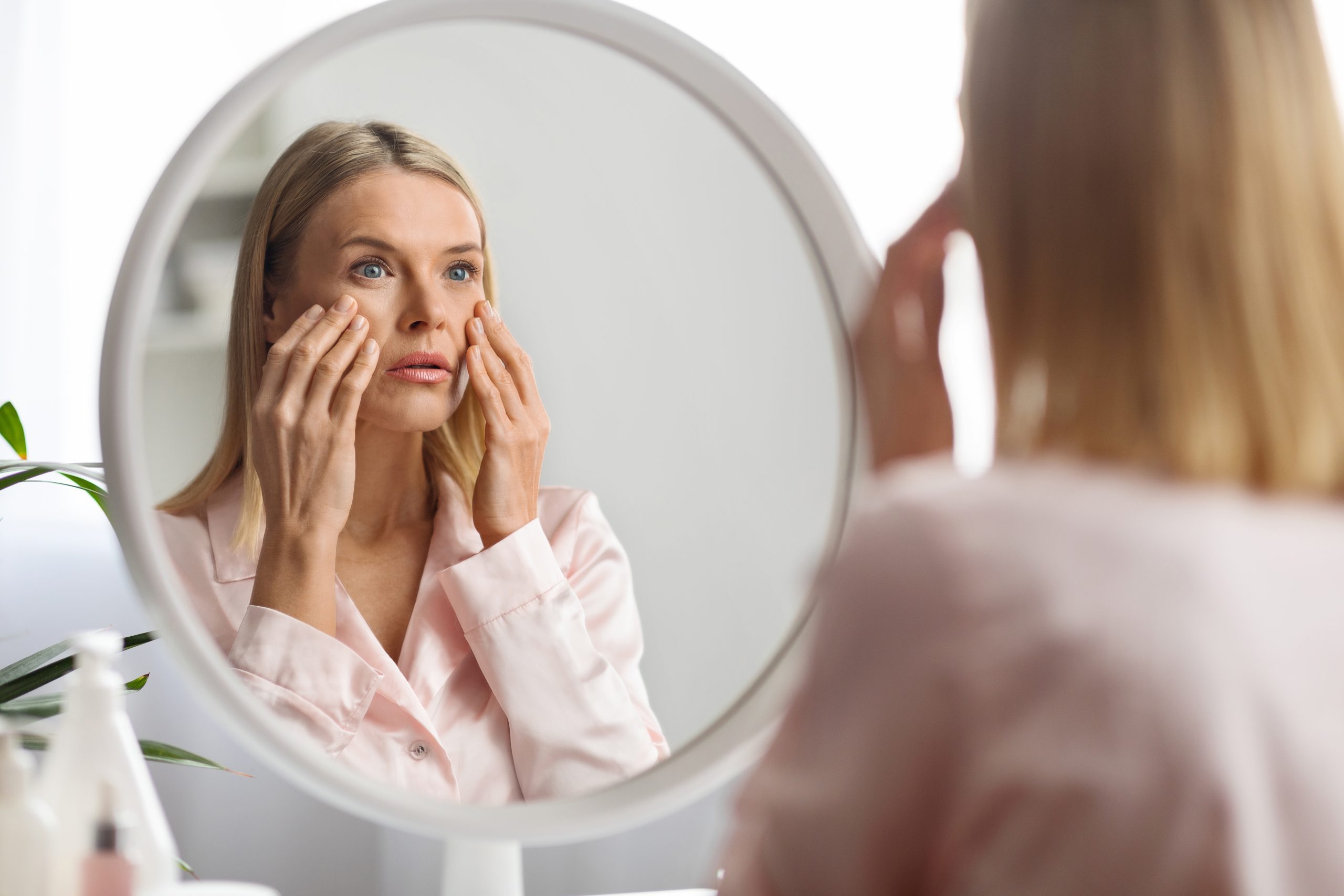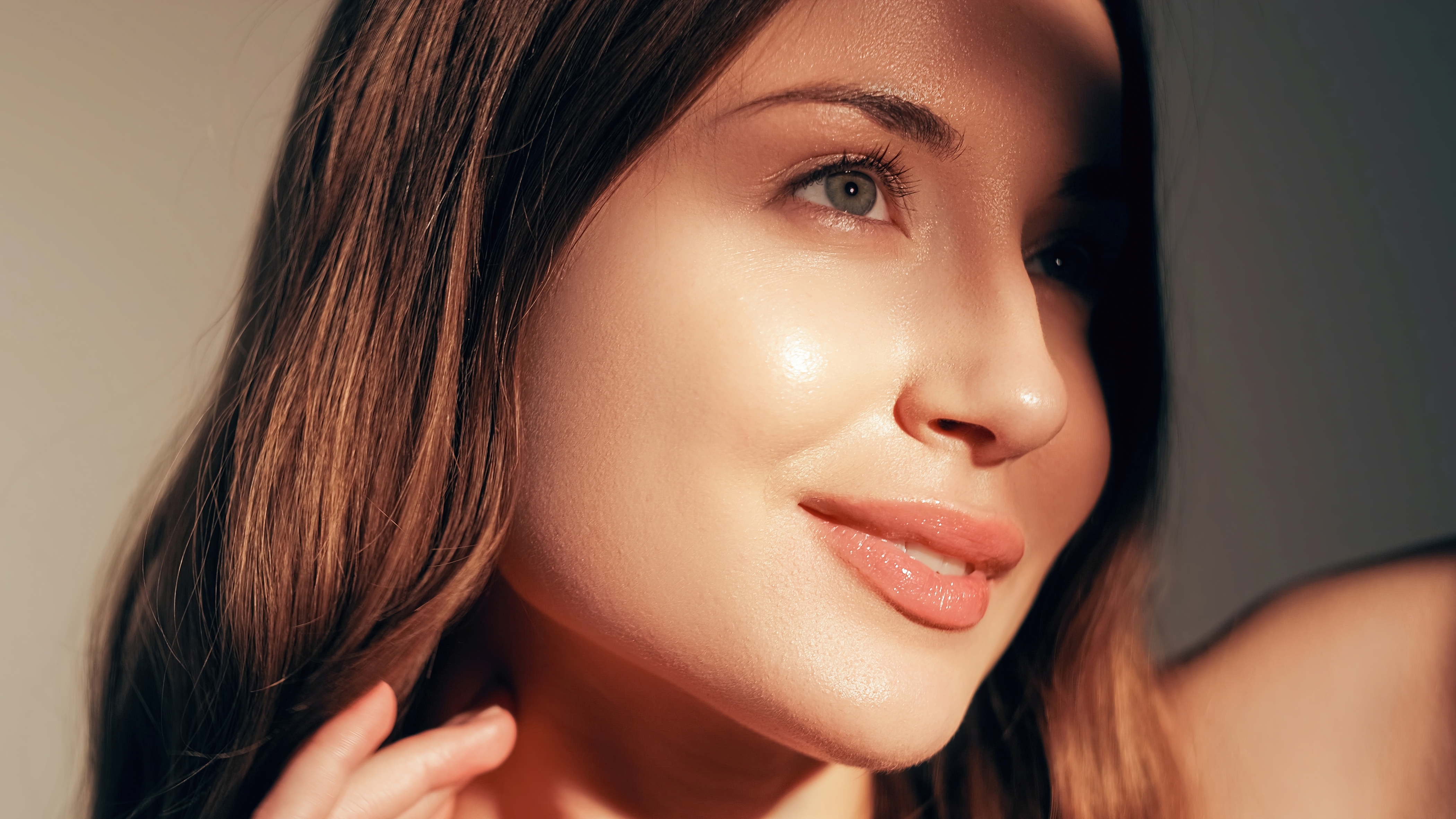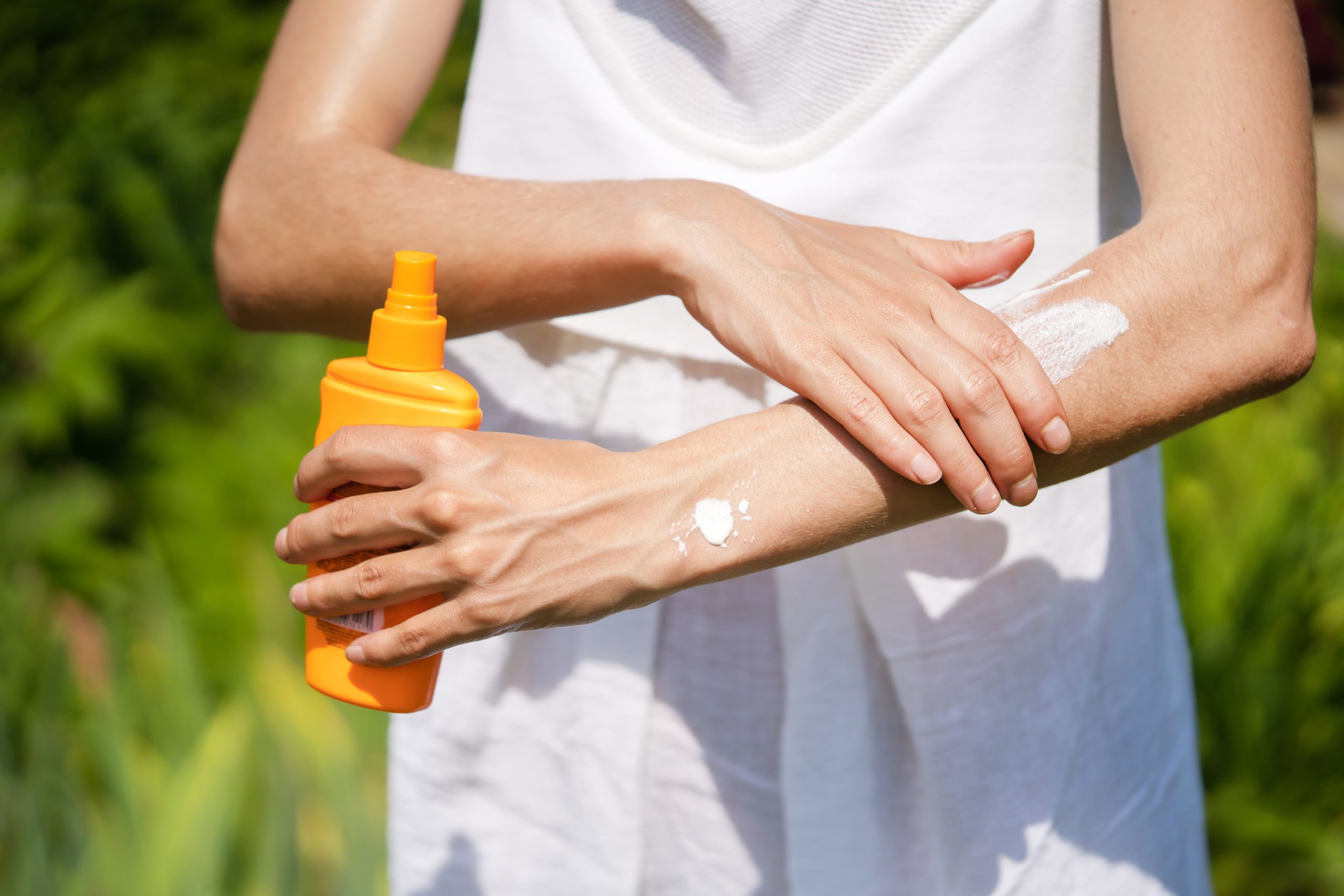What if the secret to staying young lies within our immune systems, yet unlocking it could threaten the very balance of our health, our wallets, and our society?
Story Snapshot
- The anti-aging industry is booming, projected to double in a decade, but its promises often outpace reality.
- New biotechnologies and AI offer hope, yet bring complex risks and ethical dilemmas.
- Societal obsession with youth fuels ageism and psychological pressures, impacting all generations.
- Regulators and experts warn that chasing eternal youth may deepen health disparities and reshape cultural norms.
Anti-Aging: Market Hype vs. Reality
Global anti-aging sales have soared past $80 billion, with forecasts aiming at $160 billion by 2034. North America and Asia-Pacific lead the charge; China’s market alone clocks in at $15 billion. Consumers, bombarded by influencer-fueled advertising, chase products promising youth and vitality—from creams and supplements to biotech therapies. Yet experts and regulators warn: most anti-aging solutions merely improve appearance or offer modest benefits, not the miraculous reversals marketers claim. Scientific evidence remains limited, and risks often lurk beneath glossy promises.
The relentless pursuit of youth has redefined beauty standards, encouraging both young and old to invest in age-defying products. The industry’s expansion rides on demographic shifts—aging populations in developed nations—and on advances in genomics, AI, and regenerative medicine. But this progress comes with a price. As corporations compete fiercely, compliance costs rise; new regulations in the US and EU mandate ingredient transparency and safety, driving smaller firms out and consolidating power among giants like Estee Lauder, Procter & Gamble, and L’Oréal.
Immune System Discoveries: Promise and Peril
Recent scientific breakthroughs suggest that some seniors possess immune systems with “fountain of youth” qualities. Researchers have identified biomarkers and gene therapies capable of rejuvenating immunity, sparking hope for longer, healthier lives. But the story is far from simple. Enhanced immunity may come with downsides—greater susceptibility to autoimmune disorders, unpredictable long-term effects, and ethical debates about who should access these treatments. Medical professionals caution that manipulating the body’s defenses could trigger a cascade of unintended consequences, raising questions about safety, equity, and the definition of healthy aging.
The biotech gold rush has attracted startups and pharmaceutical giants racing to patent new interventions. Consumers eager for the next miracle often overlook the fine print: many therapies remain unproven, expensive, and potentially risky. Regulators scramble to keep pace, enforcing stricter oversight to protect patients from false claims and dangerous side effects. The result is a landscape where innovation, regulation, and market interests collide, leaving consumers caught between aspiration and reality.
Societal Costs of Chasing Youth
The obsession with staying young extends well beyond personal vanity. Social media and pop culture have amplified youth-centric ideals, shaping expectations for both appearance and behavior. This pressure to defy aging fosters ageism, undermines self-esteem, and erodes the value of experience. Studies link anti-aging marketing to increased anxiety and depression among older adults, as well as unrealistic standards for younger generations. The ripple effects touch families, workplaces, and entire communities, distorting perceptions of what it means to grow older with dignity.
Economic impacts are profound. The anti-aging market drives growth in cosmetics, biotech, and healthcare, but also widens gaps between rich and poor. Premium therapies and personalized medicine remain out of reach for many, raising ethical concerns about access and fairness. As the industry expands, so do demands on healthcare systems, which must grapple with new risks and costs associated with experimental treatments. Policymakers face difficult choices balancing innovation, safety, and social justice.
Expert Perspectives and Conservative Values
Industry insiders tout the benefits of scientific progress, but leading dermatologists and market analysts admit that most anti-aging products deliver modest results. Biotechnology and AI promise personalized solutions, yet experts warn of potential harms—unregulated therapies, inflated claims, and exacerbation of health disparities. American conservative values emphasize personal responsibility, transparency, and fairness: experts argue that consumers deserve honest information about risks and benefits, and that society must guard against the erosion of traditional respect for elders.
Academic voices highlight the psychological toll of youth obsession, noting that age-defying interventions can deepen societal divides and undermine mental health. Regulators insist on rigorous testing and truthful marketing to uphold public trust. The debate continues: should we prioritize living well as we age, or chase an elusive fountain of youth at any cost? The answer, it seems, lies not in any single product or therapy, but in finding a balanced approach that honors both individual aspirations and the common good.











